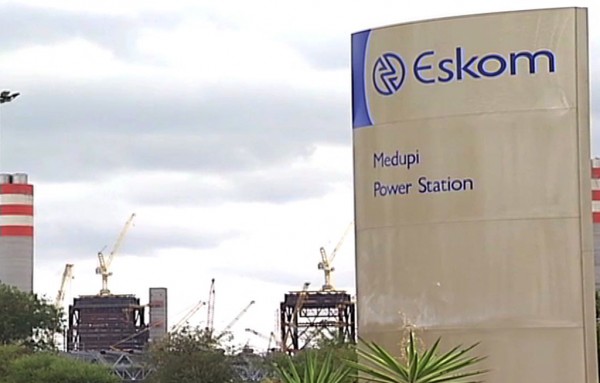The National Council of Provinces (NCOP) of Parliament has passed the Electricity Regulation Amendment (ERA) Bill, ending Eskom’s 100-year monopoly in South Africa’s electricity sector.
This landmark legislation aims to establish an open market for competitive electricity trading, fundamentally altering the country’s energy industry landscape.
The primary objective of the ERA Bill is to open up the electricity market to competition. Previously, Eskom was the sole electricity generator and distributor, but the new bill mandates that Eskom will now share the market with other electricity generators.
Read also: Investment downturn hits African startups in Q1 2024
This shift is expected to encourage competition, leading to better services and consumer prices. The bill aims to foster innovation and efficiency in the electricity sector by breaking Eskom’s monopoly, ultimately benefiting the end-users.
Role of the Transmission Systems Operator (TSO)
A significant change introduced by the ERA Bill is the creation of the Transmission Systems Operator (TSO). The TSO will take over several critical functions previously managed by Eskom’s System Operator. One of the key responsibilities of the TSO will be managing load-shedding, the scheduled power cuts that have plagued South Africa. By handling the grid’s stability and ensuring fair play in the electricity market, the TSO aims to provide more reliable and equitable power distribution across the country. This restructuring is intended to create a more transparent and balanced electricity market, reducing the influence of any single entity over the national grid.
Enhanced Role of the National Energy Regulator of South Africa (Nersa)
The ERA Bill also significantly enhances the role of the National Energy Regulator of South Africa (Nersa). Nersa will now be responsible for licensing entities in the competitive market and overseeing the transition from a monopolistic to a competitive environment.
However, Nersa will no longer directly regulate electricity prices. Instead, they will set and approve tariffs allowing energy providers to cover costs and earn a reasonable profit.
Read also: Standard Bank Invests $11M in South African Fintech, Float
This new role will enable energy providers to compete on pricing, offering consumers more options and potentially lower costs. The regulatory changes are designed to ensure that the market operates reasonably and efficiently, focusing on maintaining stability and promoting competition.
The passing of the ERA Bill marks a significant turning point in South Africa’s electricity sector. With the establishment of a competitive market, the introduction of the TSO, and the enhanced role of Nersa, the country aims to create a more dynamic and efficient energy landscape.
The bill has undergone extensive public consultations and received approval from the National Assembly and the NCOP, reflecting broad support for these transformative changes. As South Africa moves forward, the hope is that these reforms will lead to improved electricity services, excellent market stability, and, ultimately, better outcomes for all electricity consumers.
















